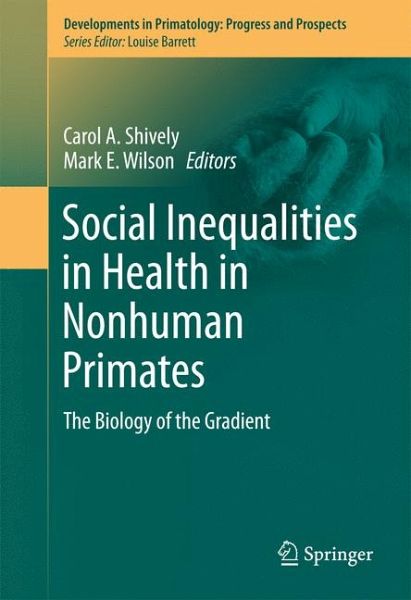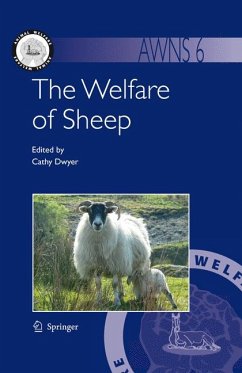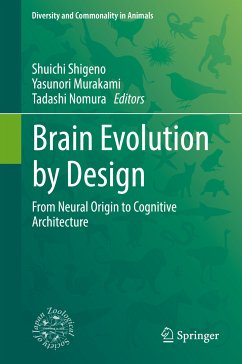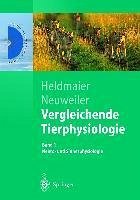
Social Inequalities in Health in Nonhuman Primates (eBook, PDF)
The Biology of the Gradient
Redaktion: Shively, Carol A.; Wilson, Mark E.
Versandkostenfrei!
Sofort per Download lieferbar
72,95 €
inkl. MwSt.
Weitere Ausgaben:

PAYBACK Punkte
36 °P sammeln!
This book provides a comprehensive look at nonhuman primate social inequalities as models for health differences associated with socioeconomic status in humans. The benefit of the socially-housed monkey model is that it provides the complexity of hierarchical structure and rank affiliation, i.e. both negative and positive aspects of social status. At the same time, nonhuman primates are more amenable to controlled experiments and more invasive studies that can be used in human beings to examine the effects of low status on brain development, neuroendocrine function, immunity, and eating behavi...
This book provides a comprehensive look at nonhuman primate social inequalities as models for health differences associated with socioeconomic status in humans. The benefit of the socially-housed monkey model is that it provides the complexity of hierarchical structure and rank affiliation, i.e. both negative and positive aspects of social status. At the same time, nonhuman primates are more amenable to controlled experiments and more invasive studies that can be used in human beings to examine the effects of low status on brain development, neuroendocrine function, immunity, and eating behavior. Because all of these biological and behavioral substrates form the underpinnings of human illness, and are likely shared among primates, the nonhuman primate model can significantly advance our understanding of the best interventions in humans.
Dieser Download kann aus rechtlichen Gründen nur mit Rechnungsadresse in A, B, BG, CY, CZ, D, DK, EW, E, FIN, F, GR, HR, H, IRL, I, LT, L, LR, M, NL, PL, P, R, S, SLO, SK ausgeliefert werden.












